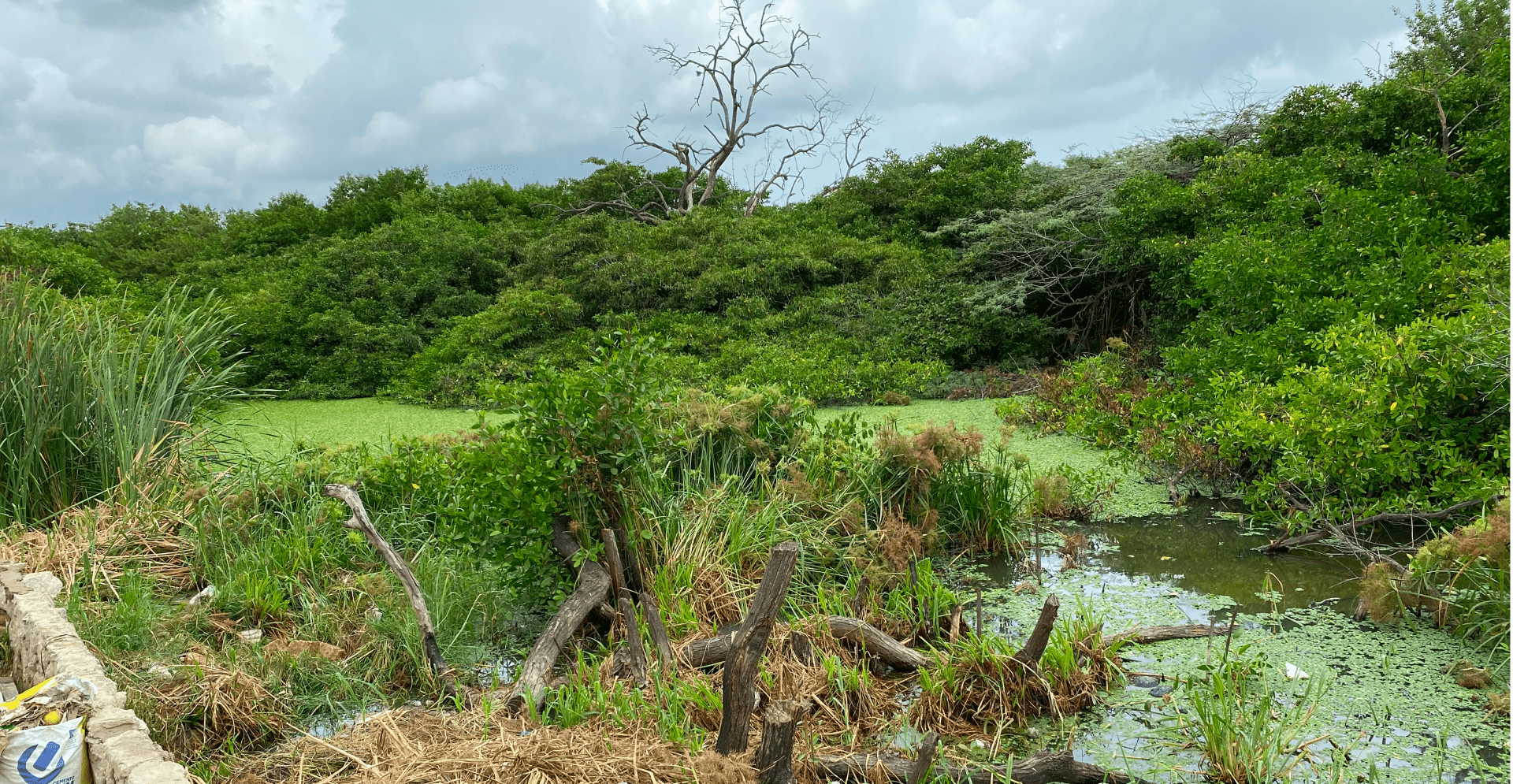La Playa and Las Flores, two informal neighborhoods to the north of the coastal city of Barranquilla, Colombia, have grown due to rapid and uncontrolled migration. Due to their location on the waterfront of the Mallorquin swamp and nearby upland areas, these communities experience frequent and severe flooding. Rainfall hinders mobility due to poor stormwater management — limiting residents’ access to jobs, schools and resources throughout the city. Living without a drainage system that makes streets flood-free may be unimaginable to many, but it is a reality for those in La Playa and Las Flores.
Working with the locals
The local government requested support from UN-Habitat to integrate these informal neighborhoods in the wider Barranquilla area and address social as well as environmental issues. The project focuses on bridging the divide between the informal settlements and other parts of Barranquilla. It also seeks to improve the neighborhoods’ living conditions.
Arcadis, through the Shelter program, collaborated with UN-Habitat to provide a flood risk management guide to reduce runoff and mitigate pluvial flooding impacts using nature-based solutions. Arcadians from Brazil, the US and the Netherlands worked on-site to design bespoke interventions to be implemented in the neighborhoods.
The Shelter team engaged with community leaders, university faculty and students, and municipal staff to understand the issues that affect La Playa and Las Flores. Determined to help the communities in a sustainable way, the members developed a flood risk management guide with innovations inspired by nature to reduce runoff and mitigate pluvial flooding impacts. The team ensured that its ideas were tailored for the local communities and their specific needs.
Included in the guide are directions on how to implement bioswales, planter boxes for rainwater harvesting and reuse, floodable green parks, protecting mangroves, organized garbage collection, and streetside vegetation.

The team also presented ideas on integrating the Mallorquin swamp into the neighborhoods — leveraging the swamp’s rich biodiversity for food production, coastal protection and tourism. Short- and long-term solutions were developed to enhance community resilience by improving conveyance and stormwater treatment, reducing flood risk and facilitating future nature-based/green infrastructure solutions maintenance.
Moreover, the guide provides recommendations for master planning and programmatic approaches to implementing green stormwater infrastructure. It also has financing strategies from international organizations and development banks, and examples of establishing local stormwater utility fees.
Reduced floods, connected communities
The proposed nature-based solutions on flood risk management contribute to the local government's new direction in stormwater management. They turn stormwater into a resource, instead of it being excess water that needs to be removed. The solutions are measures to increase the communities’ connection to their surroundings and leverage the benefits of their surroundings.
Implementing community garden spaces and organized mangrove protection can also strengthen the community and build resilience. These solutions can be considered pilot projects for stormwater management, which can be scaled up to the rest of the city.

Once implemented, the conceptual designs will mitigate flooding impacts and reduce pollution in La Playa and Las Flores. Reducing flooding will also improve mobility and help integrate these neighborhoods into the rest of Barranquilla. This will allow residents to have better access to employment, education and other necessities.



